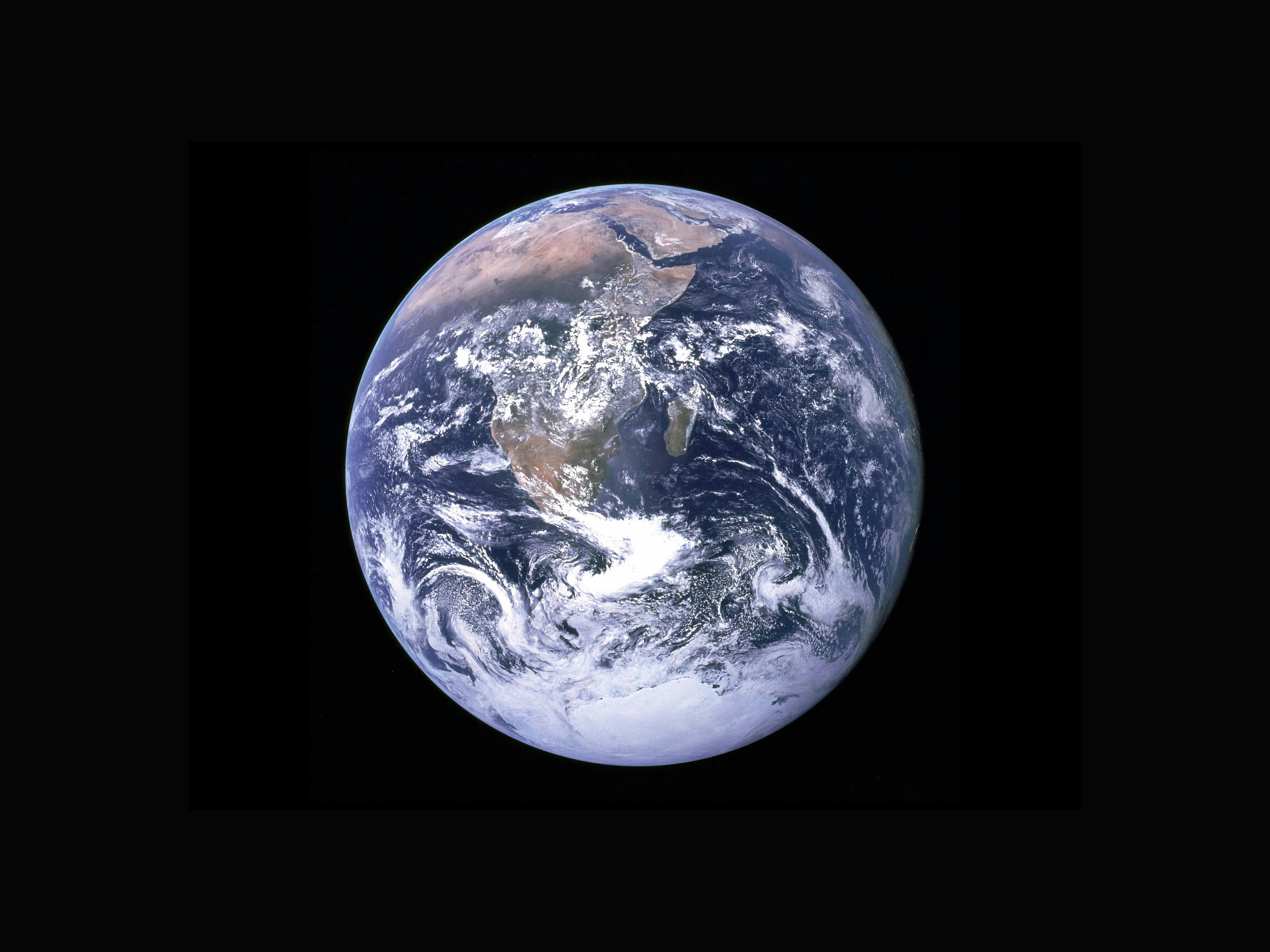Top 10 quotes from Jordan – day 2

Stay up to date:
Hyperconnectivity
Catch up on the most popular soundbites and thought-provoking comments in our lively sessions on political Islam, foreign policy, conflict resolution and economies in transition at the World Economic Forum on the Middle East and North Africa at the Dead Sea, Jordan.
“Trade is the best antidote to conflict. By and large, peoples that trade together don’t fight each other.”
Francis Maude
Minister for the Cabinet Office of the United Kingdom, in The Foreign Policy Outlook
“The time is ripe for the whole region to live in peace.”
Nabil Elaraby
Secretary-General, League of Arab States, Cairo, in The Foreign Policy Outlook
“In certain countries in this region, government jobs are the only jobs people want. We have to change that.”
Jin-Yong Cai
Executive Vice-President and Chief Executive Officer, International Finance Corporation (IFC), Washington DC, in Partnerships for Economies in Transition
“The hard part of a revolution is not making a revolution; it’s implementing its goals.”
John McCain
Senator from Arizona (Republican), USA, in The Foreign Policy Outlook
“My wish for the governments of the Middle East and North Africa: just let go. Don’t control every aspect of the economy.”
Ibrahim S. Dabdoub
Group Chief Executive Officer, National Bank of Kuwait, Kuwait, in Advancing Growth and Resilience
“In the past 90 years, Turkey had three springs before we finally saw summer.”
H. Cuneyd Zapsu
Chairman, Cuneyd Zapsu Danismanlik, Turkey, in Political Islam and Governance
“I see not a lesser US engagement in the Middle East but a greater one.”
Robert Menendez
Senator from New Jersey (Democrat), USA in The Foreign Policy Outlook
“In 2010 everybody was talking about how good Egypt’s and Tunisia’s economies were doing. Nevertheless, in the space of a few months we had two great revolutions. What we were lacking was a dimension of social justice.”
Amr Darrag
Minister of Planning and International Cooperation of Egypt, in Partnerships for Economies in Transition
“I have been talking about an Arab Marshall Plan for the last 10 years and I’ve started to believe myself. It’s probably the only solution, of course, with tough conditions and a joint formula of the IMF and the World Bank.”
Ibrahim S. Dabdoub
Group Chief Executive Officer, National Bank of Kuwait, Kuwait, in Advancing Growth and Resilience
“An Arab Marshall Plan would be a great idea, to be considered at the highest level.” Abdullah Abdulkarim Hamdan Ensour
Prime Minister of the Hashemite Kingdom of Jordan, in Advancing Growth and Resilience
Don't miss any update on this topic
Create a free account and access your personalized content collection with our latest publications and analyses.
License and Republishing
World Economic Forum articles may be republished in accordance with the Creative Commons Attribution-NonCommercial-NoDerivatives 4.0 International Public License, and in accordance with our Terms of Use.
The views expressed in this article are those of the author alone and not the World Economic Forum.
Related topics:
Forum Stories newsletter
Bringing you weekly curated insights and analysis on the global issues that matter.
More on Financial and Monetary SystemsSee all
Spencer Feingold
April 17, 2025
Lucia Fry and Naomi Nyamweya
April 17, 2025
Spencer Feingold
April 15, 2025
Hubert Keller and Maximilian Martin
April 15, 2025
Makaio Witte and Sourajit Aiyer
April 14, 2025
Tariq Bin Hendi
April 8, 2025





